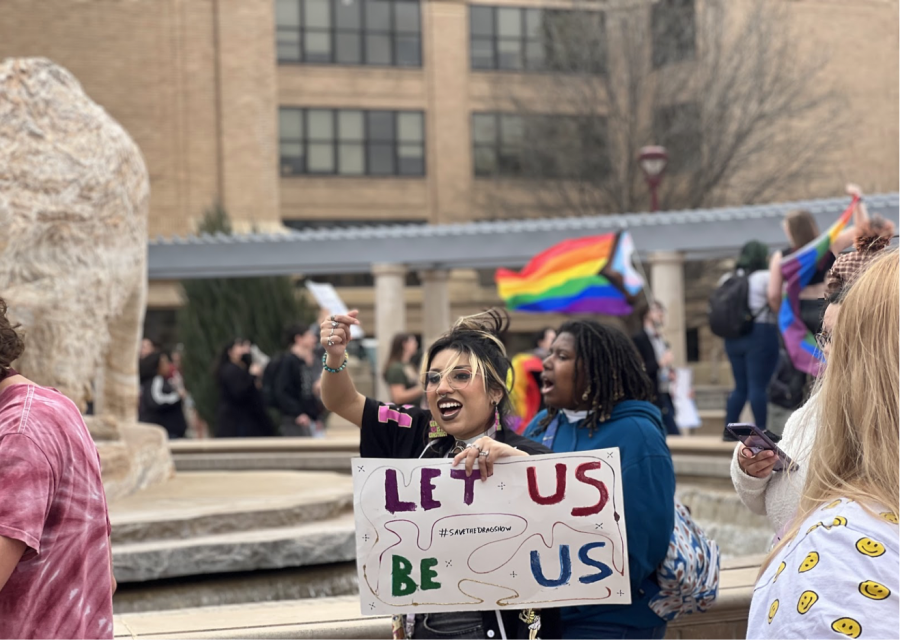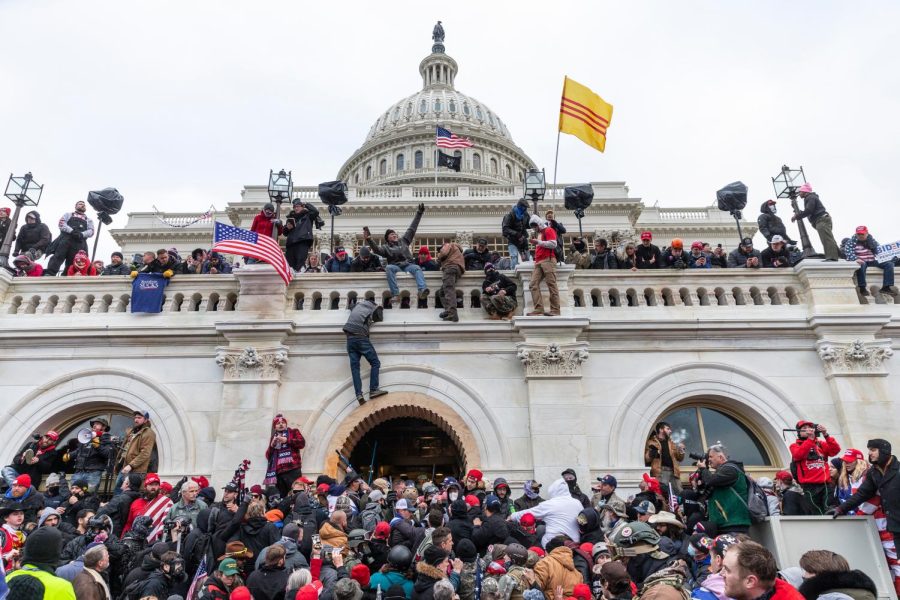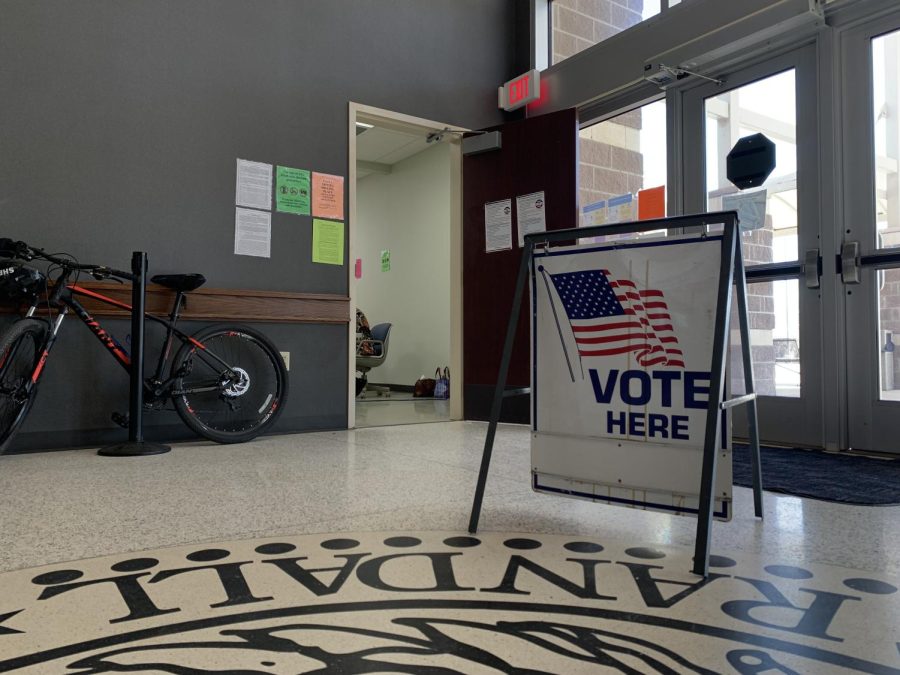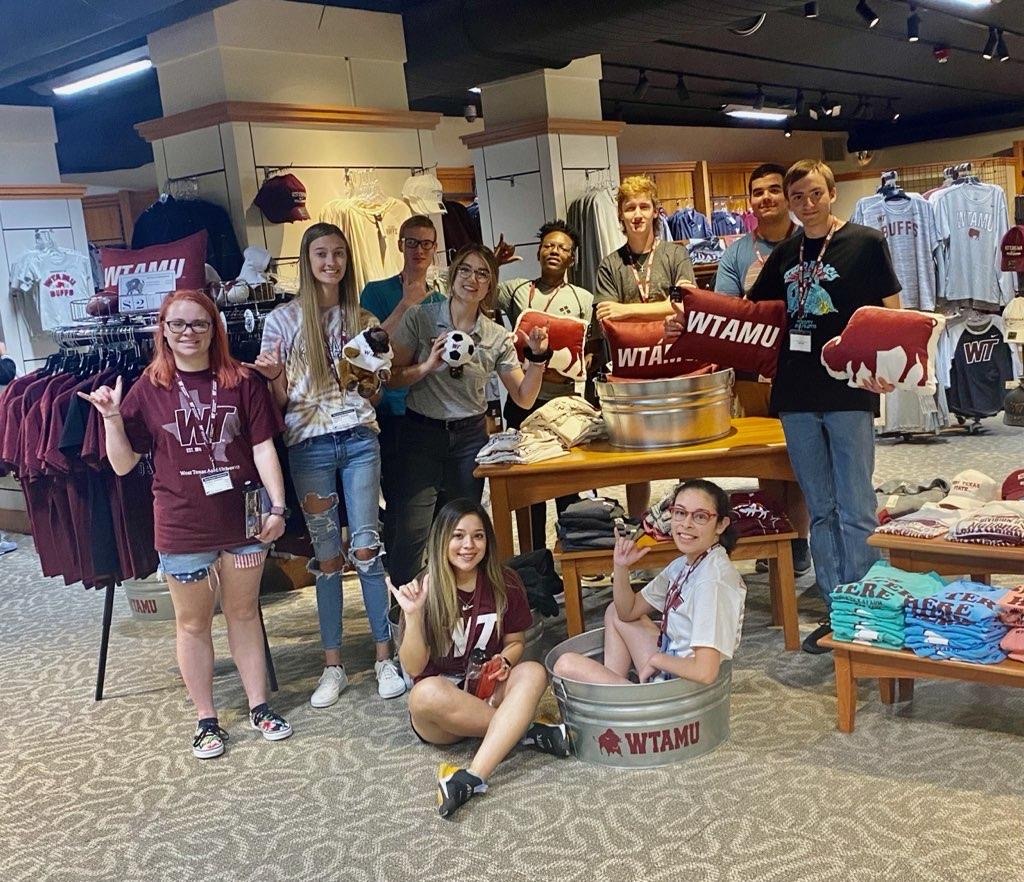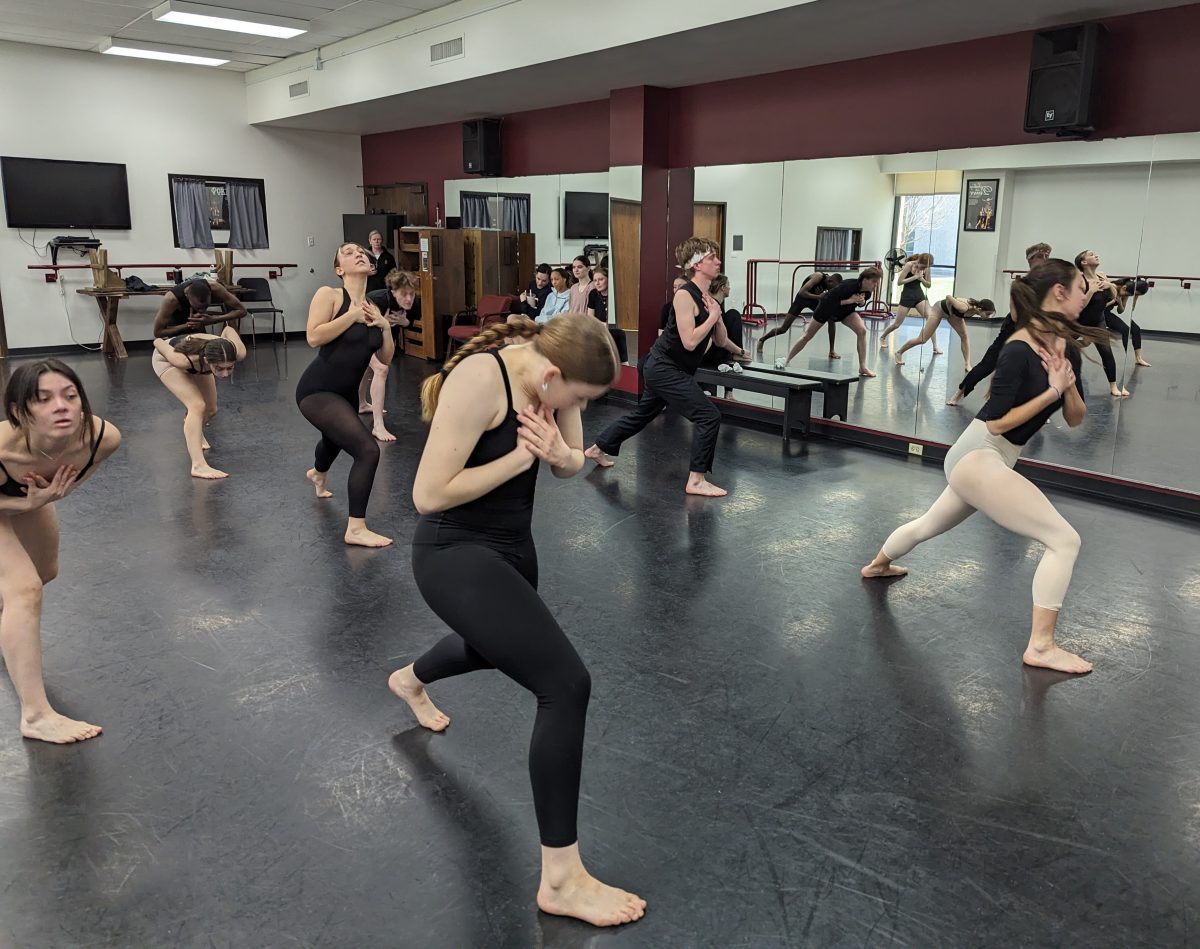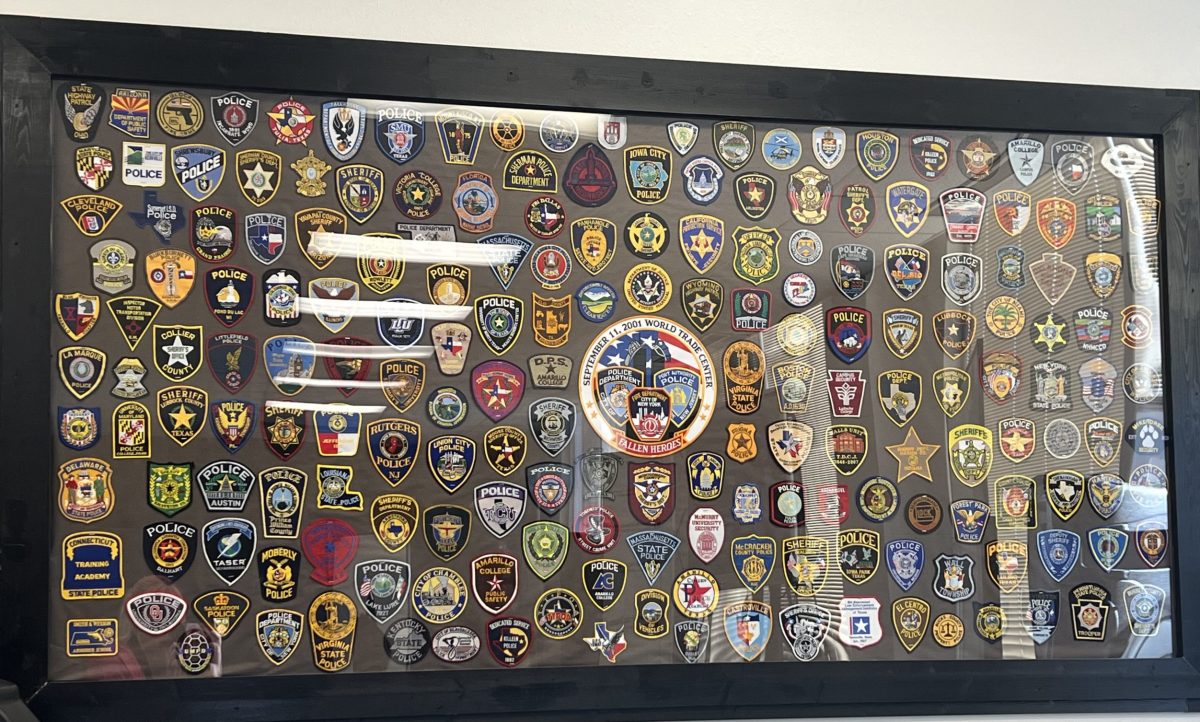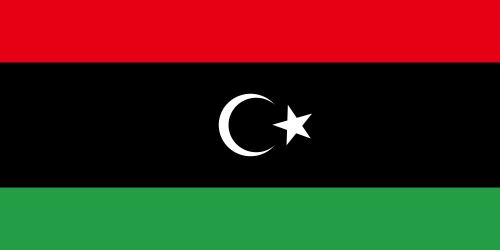
While some say the interviews remind them of the questioning of Japanese-Americans during World War II and Iraq-born people living in America in 2003, Professor of Political Science Dr. Dave Rausch believes the questioning is acceptable in this case.
“Interviewing Libyan visitors and students may be the only way to collect information on any possible threats on this country from the Gaddafi government”, Rausch said.
All the interviews that are conducted are voluntary and Arab-American organizations are assisting the United States government by sending media releases to people who may be affected.
“If the FBI wants to interview someone who doesn’t want to be interviewed, the agency will have to arrest them with all the appropriate rights and limitations that apply to an arrest,” Rausch said.
The FBI is focusing on areas in the United States with the largest population of Libyans and has reassured the public that they will inform Libyans of their civil rights in case they feel threatened.
But international student Yun Lip Kim believes that the questioning and all the events happening in the country have a far-reaching effect that doesn’t just involve students from Libya or the Middle East.
“When anything happens, people look at us a different way,” Kim said. “When Virginia Tech happened everyone looked at me a different way. Whenever something happens in a different country, they look at all of us in a different way and even sometimes make fun of us.”
So while the conflict in Libya may appear to only affect those who have ties to the country, the recent interrogations have far-reaching consequences that affect all foreign people who are in the United States.
Dr. Rausch feels that while the interviews may raise some questions about the rights of those being interviewed, as long as the government is following appropriate guidelines, there should be no problem.
“The rights of non-citizens or legal residents in any country are always questionable,” Rausch said. “If those being interviewed have the right to have an attorney present during any interview, there doesn’t seem to be a constitutional issue even if we consider the fact that they might not be covered by the U.S. Constitution.”




